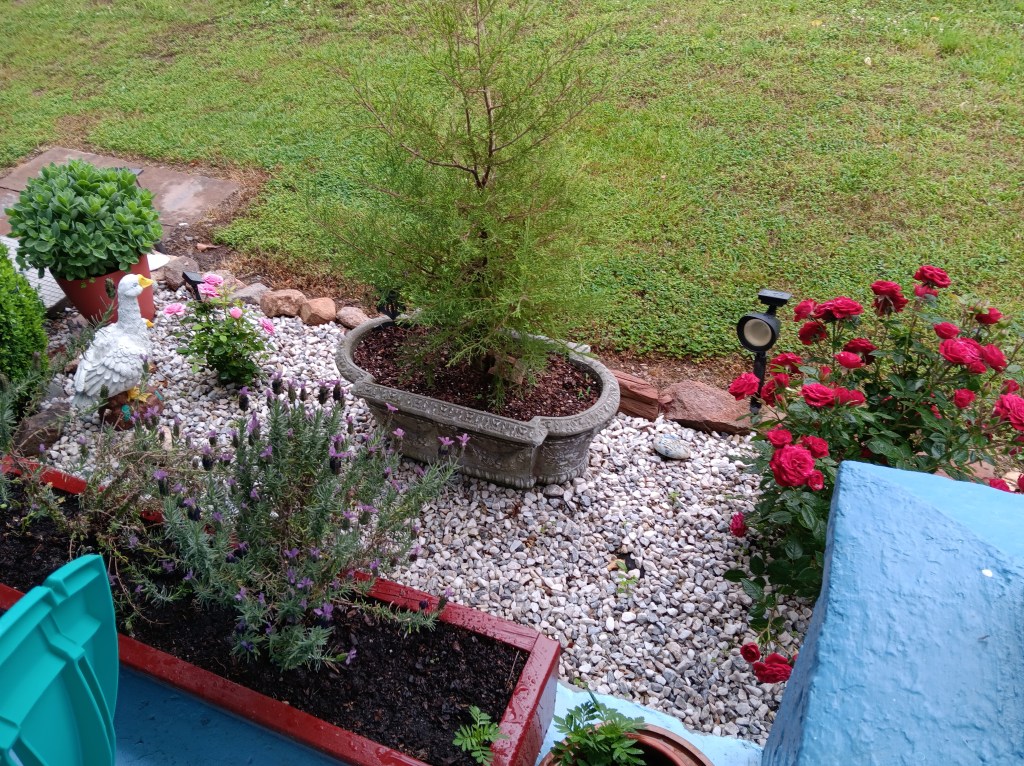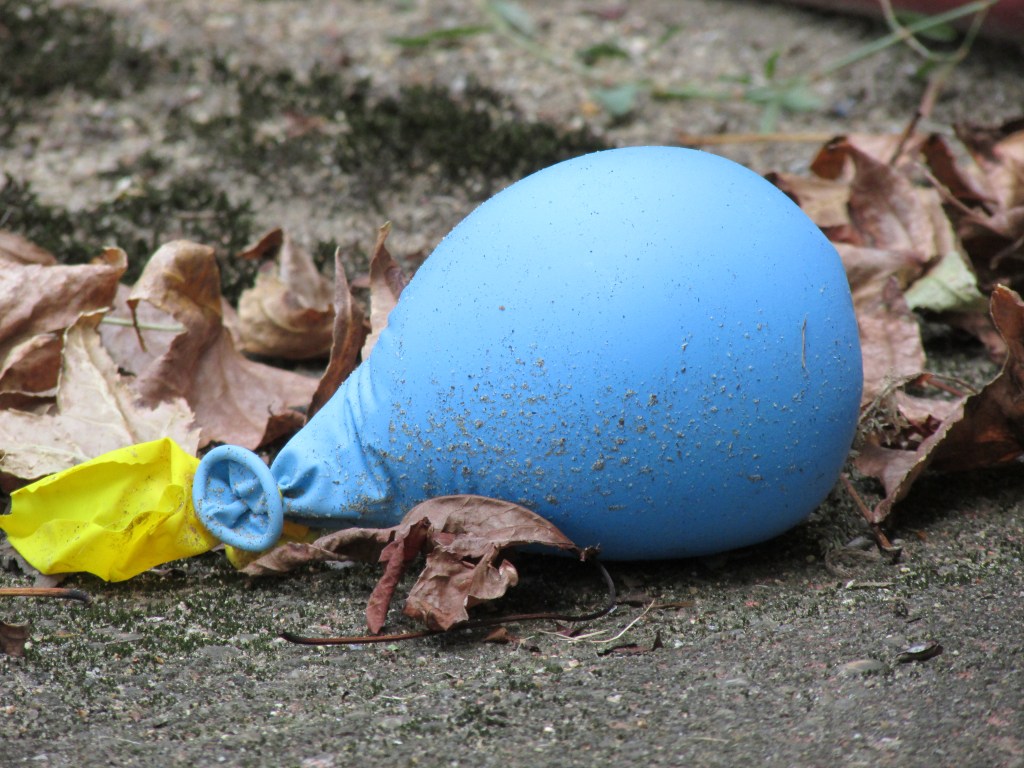Transition – An instance or process of changing from one form, state, subject, or place to another. (American Heritage Dictionary
Life is full of periods of transition. From our conception until we die, we go through several stages during the evolution of our lives. We transition in decades, work, relationships, beliefs, likes and dislikes, appearance, and so on. It is so because we are alive. For some, there are transitional moments that present extreme challenges, and many times they come in the form of tragedy or sad news. These are defining moments. For some people, harder than for others. In any case, the outcome is defined during that process. I’ve been through many transitional moments, some easier than others, good and bad, and truthfully for the later, there were many times when I felt I didn’t know the answer, and as if I had run out of options, faithless, hopeless. I can look back at those transitional moments and see how many times the simple answer eluded me.
Pondering about these things, I was able to identify some elements or factors that might influence the duration and ease of the transition process. For the purpose of this post I will write referring to challenging and hard transitional times.
Time – Many times we feel that the catalyst to a transitional period could have not come at a worst time in our lives. We might think, why now? It is not fair. The nature of change is neither fair nor unfair; it just is. Our perception of timing is what labels it such; however, throughout the years, I’ve learned that there is no right or wrong time for change. God’s timing is perfect, even when we don’t understand it. Even when it may seem that our past actions/decisions might have caused or served as a catalyst for change. Time is human perception.
Money – Who on earth wouldn’t want a bit more of it? Unless you have taken a vow of poverty, money seems to be essential and necessary to live our lives, even if we have minimal expenses or few material desires. Money, whether in the shape of currency or any other form, seems to be necessary to propel forward. Many times, we feel that the lack of money prevents us from living our life and dreams. Although it is true that things flow easier when there is an abundance of money (at least in the perception of the material realm), lack of money should not define us. Money is a resource (as any other material instrument) to achieve something. However, during transition, we may feel that lack of money slows things down or even halts the process (hence the invention of credit). During this challenging period, it doesn’t occur to us that it is part of the transition, another piece to the puzzle, and not outside of it. Sometimes, in our most desperate moments money seems to have fallen from heaven at the right time.
Health/energy level – This concerns physical health as well as spiritual and mental health. When we feel good we have the disposition on taking on the world, but when we are not feeling 100% well, our perception of the situation changes. We feel that a situation is more difficult when we are not feeling well, are sick, or feel lost. The transition, whatever type, becomes insurmountable. Sometimes, we also experience a rush of energy to get us through, and it is only after we have gone through and looked back, that we can say, “I don’t know where from or how I got the strength to do _________ (fill the blank).
Past and new interests – Sometimes during transition, we undergo a self assessment that usually happens at the same time confusion/chaos sets in our minds. We start to discover that we have outgrown certain things, we have acquired other likes and dislikes, and other interests as well. The new you starts to emerge as part of the transition process. We have a glimpse of past and present, and even of what the future could be like. When we become clear of the things we don’t want anymore, but have been a constant in our lives, a series of emotions and feelings show up, making transition more or less difficult to deal with, however, necessary. The range of emotions/feelings seem to make things more complicated momentarily until we sort things out, discard what isn’t working, and decide, in order to move forward. There is no right or wrong length of time as it is part of the natural process of transition.
Failures/history/life experiences – Our past, our previous experiences, the labels we carry with us, our baggage, our personal history, seem to show up very loud during transition. Although it seems to make things more complicated or chaotic, it always comes with bits and pieces of insight and enlightenment, which seem to be necessary to propel us forward. Even when we seem to have lost faith when our history shows up, there is a switch that presents itself as a choice – to listen or not. It is when we choose to listen that we move forward. When we shut our eyes at the images that represent our history or close our ears to the sounds of it we are preventing our own evolution.
State of mind/attitude – We cannot be in a constant state of happiness or positivity; it is not natural. However, one can choose how to react to the challenge that is presented. The mood, the thoughts, the will are up to oneself. Of all the above mentioned elements, I’ve found that state of mind is the second most important during transition because it will determine much of the others. Our perception during a challenging transitional period might be clouded, but our attitude and disposition determine how bright the light on the other side shines through.
Faith – The personal beliefs we carry with us will support us during this time of transition. Our spiritual beliefs are there to comfort and guide us during transition. Even when we think we have lost hope and faith, those beliefs will show up in different ways to light up the path, so we find comfort and secure our step. This one, to me, is the most important of all the above mentioned elements of transition, and the one that influences all the others. Even when attitude fails, faith is there to pick us up.
These elements of transition are the ones I have identified during my transitional moments. There is no particular order to these, whether one or more, or even all at once show up during a transitional period. As a writer, I believe that transitional moments in life enrich my writing and help me portray characters and story in a more substantial way.







